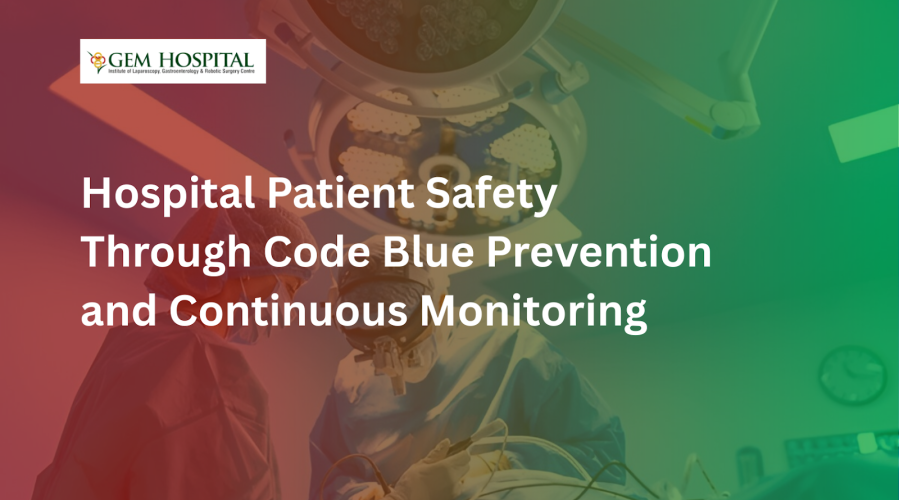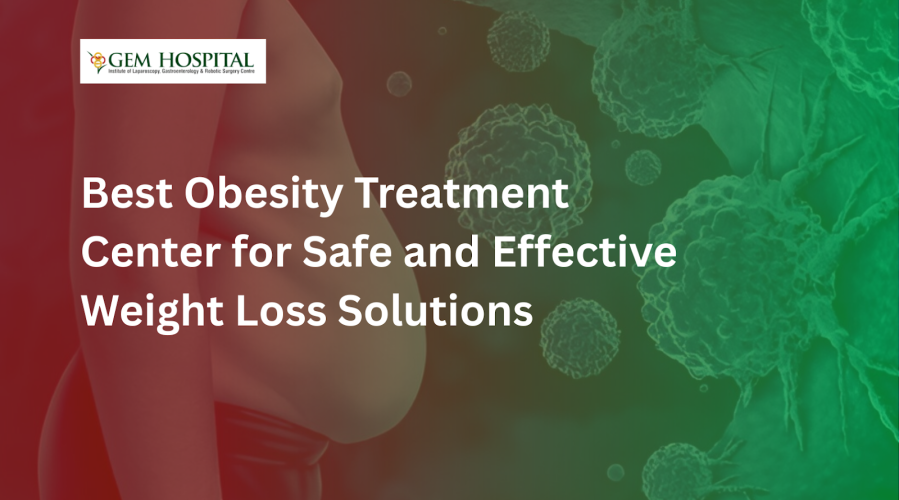Learn how unverified Ayurveda treatments may cause liver damage, understand the risks, symptoms, and why medical guidance is essential for safe care.
How does aging impact gallbladder function and the likelihood of developing gallstones?

The gallbladder is one of those small organs in the body even though they are small their function is not that small they store the bile that comes from the liver and send it to the intestine for fatty substances digestion this is the natural process that occurs in the human body. But when there is any issue with the gallbladder, liver, or bile duct it may have impact greater impact in delivering the bile due to this certain health complications may arise. Sometimes the gallbladder typically functions without issue, but due to their age, people may be at the risk of gallbladder dysfunction and gallstone formation. Aging is not a process no one can do something with this aging process has an impact on the gallbladder's ability to function properly, and more often due to this the bile composition may change. Through the blog, you can explore how aging affects gallbladder function and the reason why those adults are at higher risk of developing gallstones.
Understanding the gallbladder and gallstones
Gallstones are nothing but the hardened deposits which form into the gallstones inside the gallbladder. The gallstones primarily consist of cholesterol or bilirubin. The size range of the gallstones may vary from tiny grains to large stones, and they usually form when there is an imbalance in the substances that make up bile. These gallstones stand in the bile duct and obstruct the bile ducts due to this the bile cannot pass out through the pipe which leads to pain, inflammation, and complications such as gallbladder infection or pancreatitis. In common there are two main types of gallstones, cholesterol and pigment stones. Both types of stones are going to develop when there is a change in the gallbladder function.
Age-related changes in gallbladder function
Aging impacts every organ in the body, as people grow older, several physiological changes occur they going to have an impact on the gallbladder performance. Some of these changes can make older adults more susceptible to developing gallstones, these may include,
Decreased gallbladder motility
One of the most significant age-related changes in gallbladder function is decreased motility. Gallbladder motility refers to the ability of the gallbladder to contract and release bile when needed. As people age, the muscle tone in the gallbladder wall decreases, which can impair its ability to empty bile efficiently. When bile sits in the gallbladder for too long, it becomes concentrated and can lead to the formation of gallstones.
The slowed emptying of the gallbladder also means that any excess cholesterol or bilirubin has more time to crystallize and form stones. Reduced motility is especially common in postmenopausal women, who are at higher risk of developing gallstones due to changes in hormone levels.
Changes in bile composition
Aging can also lead to changes in the composition of bile, which plays a crucial role in gallstone formation. Normally, bile contains the right balance of cholesterol, bile salts, and phospholipids to help break down fats and prevent the formation of stones. However, with age, the liver may produce bile that contains too much cholesterol or too little bile salts, both of which can lead to the formation of cholesterol gallstones.
This imbalance is more common in older adults because of changes in liver function, diet, and other age-related factors. Over time, these changes increase the likelihood of cholesterol crystallizing in the gallbladder and forming stones.
Impact of diet and lifestyle
Diet and lifestyle also influence gallbladder health, and these factors can change with age. Older adults may have a diet that is higher in fat or cholesterol, which can contribute to gallstone formation. Additionally, some older individuals may experience reduced physical activity, leading to slower digestion and impaired bile flow.
On the other hand, rapid weight loss often seen in older adults who are trying to manage chronic conditions like obesity or heart diseases can also increase the risk of gallstones. When the body burns fat quickly, the liver releases more cholesterol into the bile, which can overwhelm the gallbladder and lead to the formation of cholesterol stones.
Aging is a natural process and due to this body may undergo several changes in that case gallbladder is not outstanding. When you are aged it is good to consult a doctor for at least a year and should take advice from them regarding gallstone formation also because due to a reduction in mobility and changes in bile secretion, you are at higher risk of developing them. For expert consultation and care, visit Gem Hospital.
Contact us today to schedule your appointment and ensure your gallbladder health is well-maintained!
Blogs & Article
Improve hospital patient safety with effective code blue prevention and continuous monitoring systems for early detection, rapid response, and better outcomes.
Looking for the best obesity treatment center? Get safe, effective weight loss solutions with expert care, advanced treatments, and long-term results.


